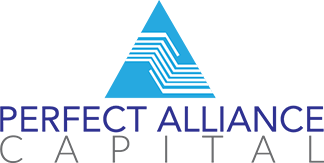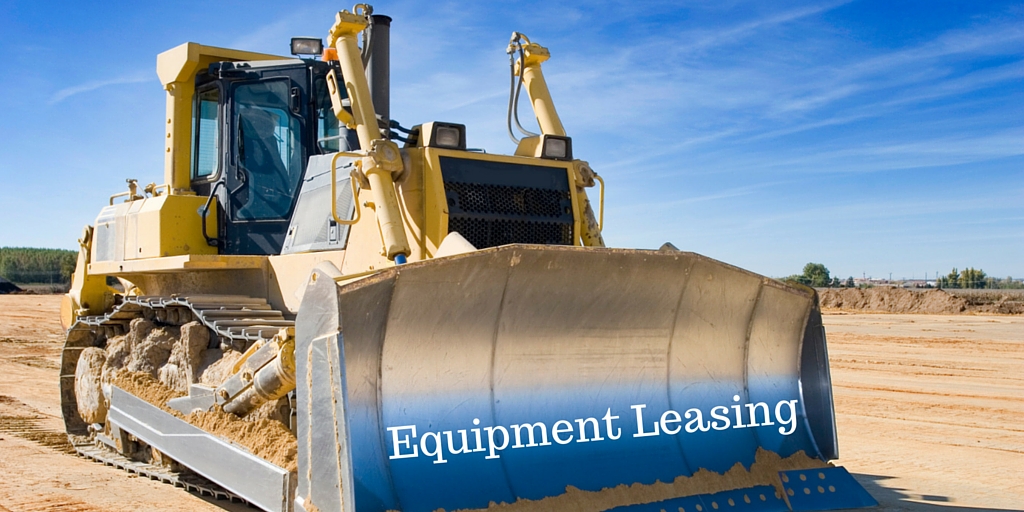Many business owners think that equipment leasing is reserved only for those businesses with slim budgets and do not want to add to their list of assets. While equipment leasing can certainly benefit new business owners who are trying to keep track of every dollar and make the most out of their resources, it has many additional benefits.
Equipment leasing means zero debt on the balance sheet
When business owners purchase equipment – be it for a large construction company or a small IT startup – the upfront cost is usually larger than the amount of money on hand. This leads them to take out a loan to cover the cost of the equipment, and that means putting debt on the balance sheet. Equipment leasing, on the other hand, is treated in a similar manner as a phone bill or utilities. It’s a regular monthly expense, and does not register as debt on the balance sheet, leaving business owners free to explore long-term financing for other projects.
Upgrades!
Equipment leasing agreements usually have the option to upgrade built into the contract. Rather than dealing with selling off outdated equipment at a depreciated value of the purchase price, equipment leasing lets business owners trade in their old equipment for the newest models. This means businesses using equipment leasing contracts will always have an edge over their competitors.
Tax deductible payments
Purchasing equipment allows business owners to claim depreciation on their tax forms. For those using equipment leasing contracts, the total payments made throughout the year can be claimed as tax deductibles, according to Section 179 of the IRS Tax Manual. This means businesses will essentially get a complete refund on the amount spent on leasing equipment during the previous year, which translates to huge savings for businesses of any size.
Of assets and equipment
The one major downside to leasing equipment is that the items cannot be claimed as assets. This means leased equipment cannot be used as collateral when applying for loans, and it cannot be used for any asset-based financing. Despite the drawback, the fact that business owners have no existing debt on the balance sheet, and do not have to deal with a depreciating value on equipment when seeking alternate funding sources is a major gain, in the long run.
Equipment leasing can be used by businesses in practically every industry, which makes it a versatile and easy way to run operations smoothly without taking on massive amounts of debt.

